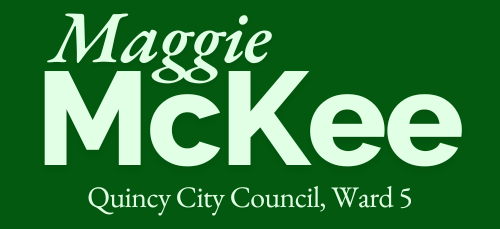Listen to those with experience
This essay ran in The Quincy Sun in March 2021.
Before I had my son, I thought I knew what good parenting looked like. When I read articles about children struggling to focus in school that argued for more freedom to move and more recess time, for example, I tsk-ed that kids just needed to buckle down and apply themselves. After all, I had excelled in school by doing just that. If I could do it, so could they!
Fast forward to today, when I am an actual parent of an actual human child. A beautiful soul who loves learning about electricity and sneaking ginger ale to his rosebush, Rosie (she likes a treat now and then). A little dynamo who needs to move so much that, thankfully, he gets special accommodations in preschool and who has his own climbing wall in the living room. Having a child made me realize just how little I understood about parenting before I had first-hand experience with it. And how much I value the hard-won wisdom of other parents now.
This lens change was on my mind after reading comments in the Sun from the mayor and some residents opposing the creation of a Department of Social Justice and Equity. The mayor said: “I don’t think there’s a need for it,” while a lifelong resident said that he took offense to the department’s proposal because he had seen the city change over the years to become one “where all people are welcomed.”
What do these two commenters have in common? Most obviously, they are both older, White men. They are truly fortunate to feel there is no need in this city for more focus on diversity, equity, and inclusion. But they remind me of me opining about parenting when I had never spent a sleepless night up with a sick child or navigated a grocery store with an overtired one. They don’t have first-hand experience going through life in Quincy as a person of color.
Those who do seem to feel differently about the need for a social justice department. Many residents of color, or those with identities that put them outside of mainstream culture in Quincy, voiced support for the department’s creation at a public hearing in January. They described harassment by other residents and shopkeepers, as well as by local police officers and DPW crews – instigated either by the city employees themselves or else by neighbors who repeatedly called police about residents of color working on their own cars or simply existing on their own properties. It was a moving and disturbing experience to watch, and at the hearing I shared some statistics that showed that these are not isolated incidents:
In the city's public schools, 56% of Quincy students are non-White, while only 5% of teachers are. QPS staff is less diverse than the state, where on average 11% of school staff are people of color, and the country, where that figure is 20%. In fact, Quincy’s school staff is less diverse than every other city of a similar size in Massachusetts.
Today, Black people make up 45% of the population on the Boston side of the Neponset Bridge but just 5% on the Quincy side. The city’s small Black population speaks to a history of racism here, from the restrictive mortgage practice known as redlining to Quincy’s status as one of 17 likely “sundown” towns in Massachusetts, where Black people were not allowed to stay after dark.
Black folks are over-represented in policing here. Despite making up only 5% of the population, they accounted for 26% of all arrests in Quincy in 2019. In Quincy’s schools, where Black students make up just 7% of the student population, they accounted for 20% of all disciplinary incidents in the 2019-2020 school year, representing the largest group of students suspended.
How could the mayor recently say, "Show me specifically where the issue is," after such an outpouring about how racism and inequality have affected Quincy residents? His comment suggests that either he has not watched the public hearing – or that he did and is dismissing out of hand the concerns people raised there.
To him and to others who shrug off the pain our neighbors describe, I ask you to think about a time when an experience changed your perspective. Perhaps, like me, it was parenthood, when your heart breaks open in ways you never imagined, and you see the world in an entirely new light. Or perhaps, also like me, it’s when you lose a loved one, and the world breaks apart and threatens to swallow you whole. Has something similar happened to you? If the answer is yes, please consider that your views on the need for a social justice department could be linked to how you experience the world in the particular skin you’re in. And please consider listening, truly listening, to our neighbors who have a different experience moving through the world. City leaders have a duty to address the concerns of all their constituents, not just the ones who look and think like them.
Maggie McKee

